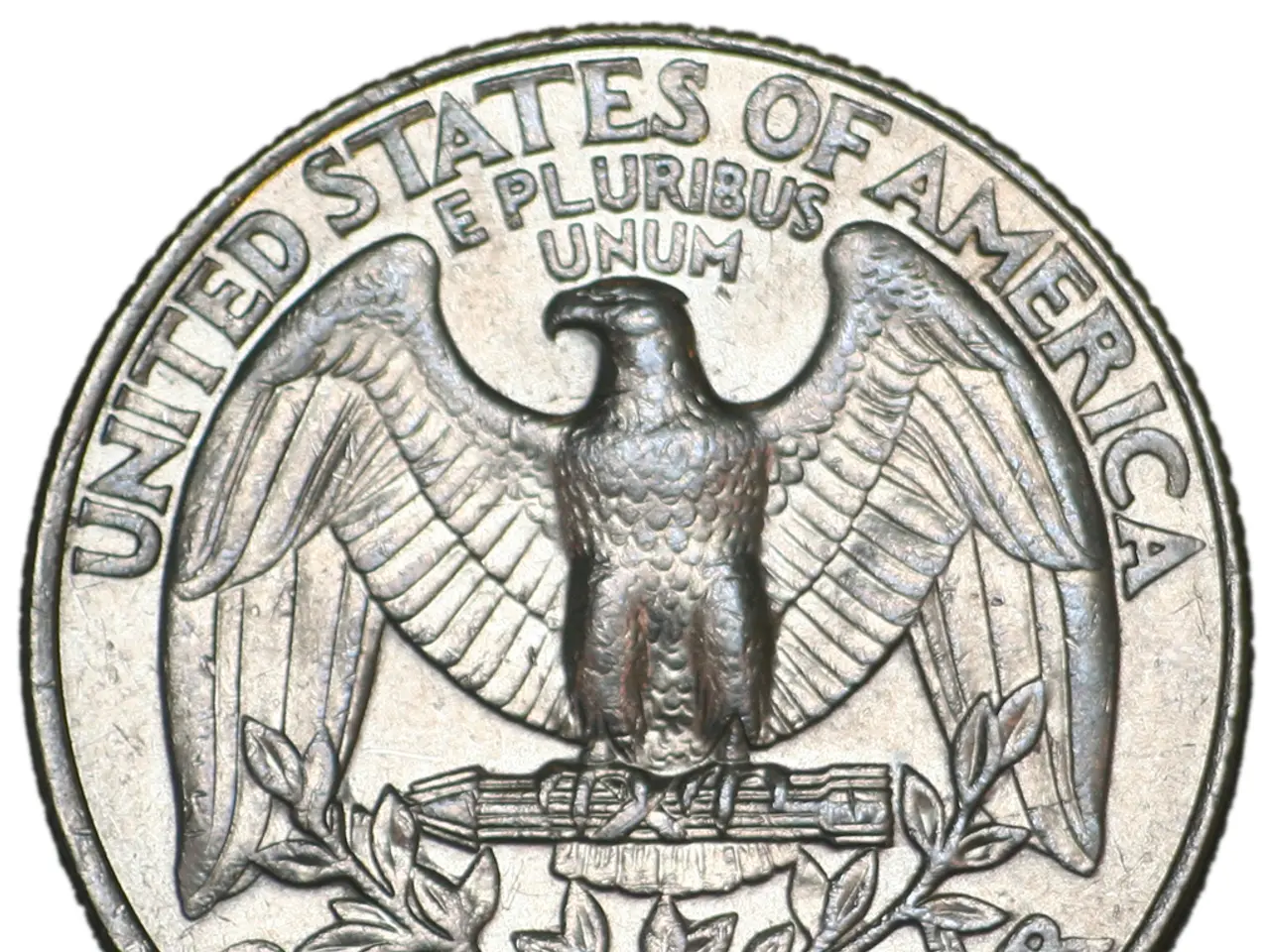Liquid Hydrogen Racing enters its third year, aiming for commercialization at the Fuji 24 Hours event
In the world of auto racing, the 2025 ENEOS Super Taikyu Series race saw a significant leap in performance for Toyota's liquid hydrogen-fueled Corolla. The car completed a record-breaking 468 laps (approximately 2,135 km), marking a 30% increase in distance covered compared to its previous best[1].
This impressive feat was achieved through continuous development efforts over three years, focusing on advancing liquid hydrogen engine technology closer to commercialization. While specific technical details of the improvements were not disclosed, the increased reliability, endurance, and ability to maintain pace with conventional vehicles suggest advancements in engine efficiency, thermal management, and overall vehicle integration for the liquid hydrogen fuel system[1].
One of the key factors contributing to the Corolla's improved performance was the introduction of a more durable pump and an elliptical tank in the previous year's race. These enhancements boosted the range per hydrogen refuel by 50%, reducing the need for repeated pit stops[1].
Project General Manager Ito expressed that last year's challenges prevented a thorough assessment of the pump and elliptical tank's capabilities. However, in the 2025 race, the drivers were able to maintain racing speeds throughout the 24 hours, pushing the car and hydrogen system to extremes[1].
The Corolla's improved performance allowed it to finish around the middle of the ST-5 class, demonstrating its competitive ability against gasoline-powered vehicles. This marked a significant improvement over its performance in previous years and, for the first time, the Corolla avoided last place in a Fuji 24-hour race[1].
Ito further stated that the team's development took a leap forward due to the successful performance of the pump and elliptical tank in the 2025 race. The improvements eliminated the need for pump replacements, a task that took more than three hours and had to be done twice during the 2023 race. The team also avoided the nine-hour pit stop due to unrelated electrical problems that affected last year's race, preventing the car from surpassing its performance from the previous year[1].
In conclusion, the improvements in Toyota's liquid hydrogen-fueled Corolla for the 2025 ENEOS Super Taikyu Series race led to a significant leap in performance, enabling the car to better handle speed restrictions, weather interruptions, and endurance challenges, ultimately running competitively alongside gasoline-fueled cars despite being in a non-ranking class[1].
The advancements in liquid hydrogen engine technology, as demonstrated by Toyota's Corolla in the 2025 ENEOS Super Taikyu Series race, could potentially have significant implications for other industries that rely on efficient transportation, such as finance, automotive, and technology. The increased endurance and ability to maintain pace with conventional vehicles hints at improvements in engineering efficiency and overall system integration, which are crucially important in these fields. Moreover, the successful implementation of this technology in the highly demanding environment of auto racing might pave the way for more widespread adoption in the future.




